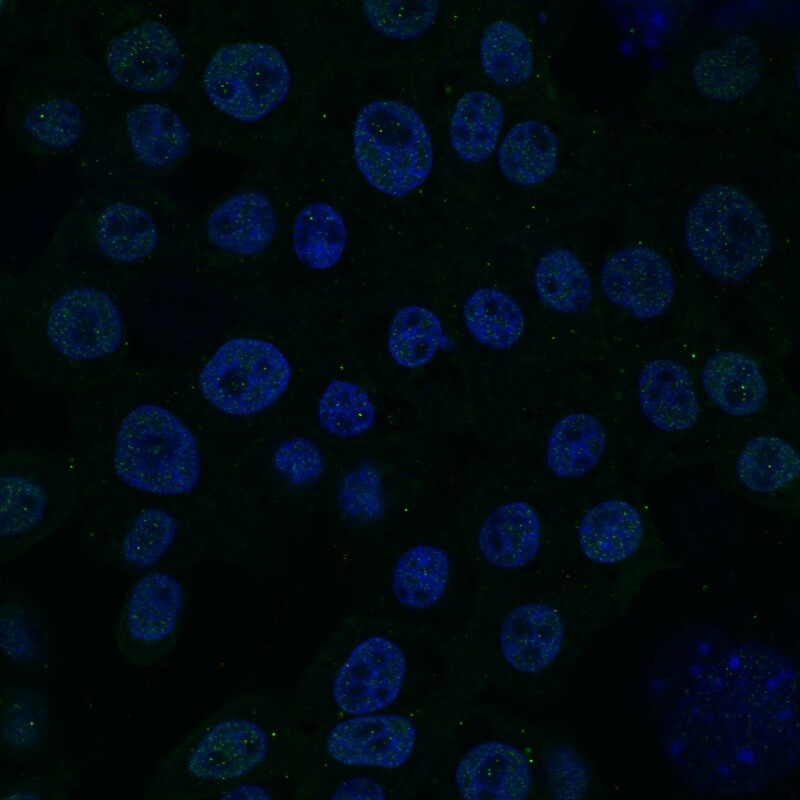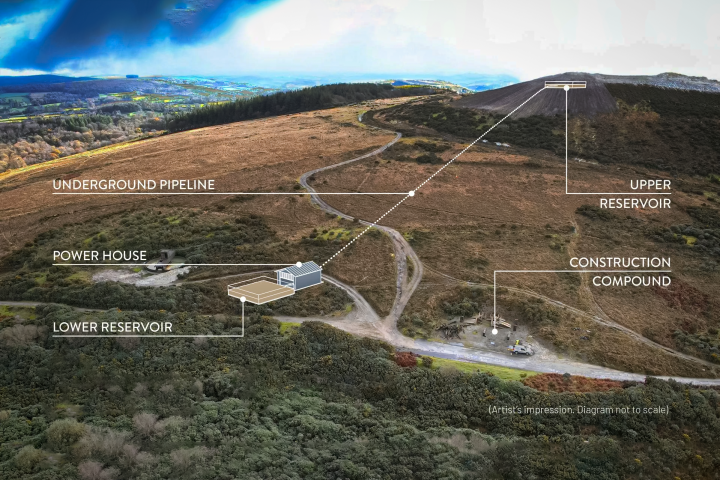For the first time ever, scientists from the University of Montreal and Mount Sinai Hospital have generated pluripotent stem cells from horses. Pluripotency refers to a cell's ability to become any of the various other types of cells found within the body, and the ability to be able to grow such cells in a laboratory setting has great implications for the field of regenerative medicine. Not only does this latest accomplishment potentially mean big things for sick or injured horses, but it could also pave the way for lab-based human stem cell treatments.
The researchers spent two months reprogramming equine somatic cells. When they were finished, the resulting induced pluripotent stem (iPS) cell lines contained a complete set of horse chromosomes, and were able to form a complete spectrum of cell types and tissues.

"Equine iPS cells bring new therapeutic potential to the veterinary field, and open up the opportunity to validate stem-cell based therapies before clinical studies in humans," said study co-leader Dr. Andras Nagy, of the Samuel Lunenfeld Research Institute at Mount Sinai. "As well, stem-cell based studies using the horse as a model more closely replicate human illnesses, when compared with studies in mice."
"The horse is an excellent model for a range of human degenerative diseases, especially those involving joints, bones, tendons and ligaments, such as arthritis," added Dr. Sheila Laverty, a professor in the Faculty of Veterinary Medicine at U Montreal. "Bone fracture, as well as damaged cartilage, tendons and ligaments heal poorly in horses. Therefore, the use of iPS cells in these animals may help enhance long-term tissue repair."
The University of Montreal's Dr. Lawrence Smith was the other leader of the study.
The research was published today in the journal Stem Cell Reviews and Reports.





![The Ti EDC [everyday carry] Wrench is currently on Kickstarter](https://assets.newatlas.com/dims4/default/0ba225b/2147483647/strip/true/crop/4240x2827+0+3/resize/720x480!/quality/90/?url=http%3A%2F%2Fnewatlas-brightspot.s3.amazonaws.com%2F59%2Fb2%2F6a6fdd0348a8bfdad88bbcefec53%2Fdsc03572.jpeg)